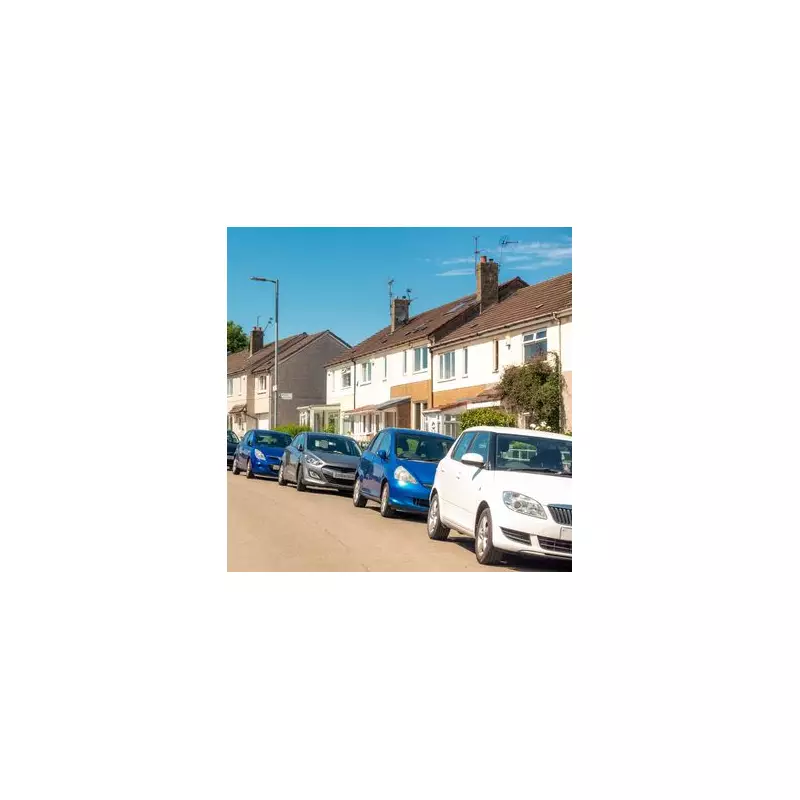
What began as a simple act of neighbourly goodwill has exploded into a financial catastrophe, leaving a Kent homeowner facing a legal bill estimated to exceed £100,000. The decade-long saga serves as a stark warning about the dangers of informal property agreements.
The dispute centres on a driveway at a property in Kent. For years, the owner of one home allowed his neighbour to use his driveway for convenient access to her own garage. This informal arrangement was a classic case of British neighbourly favour.
The Favour That Turned Sour
However, the relationship deteriorated spectacularly. The driveway owner eventually revoked the permission, demanding his neighbour cease using his property. What he believed was a simple retraction of a favour was about to be tested in a courtroom.
The case landed before a judge who was tasked with untangling the messy situation. The neighbour argued that the long-standing use had created a legal 'right of way' or easement, granting her permanent access.
A Costly Courtroom Conclusion
In a dramatic ruling, the judge sided with the neighbour. The court found that the homeowner's actions, by initially granting access and then attempting to suddenly block it, constituted ‘unlawful interference’. The judge awarded substantial damages to the neighbour for the loss of her convenient access.
The financial implications for the man who once offered a favour are devastating. On top of the damages paid to his neighbour, he is now responsible for both his own and a significant portion of her legal costs. The total bill is predicted to soar into six figures, a life-changing sum for most families.
A Warning to Homeowners
This case highlights the critical importance of formalising any property agreements in writing. A handshake deal over a cup of tea can have unintended, binding legal consequences. Property law experts urge homeowners to seek professional legal advice before granting any kind of access or permission to avoid finding themselves in a similarly ruinous position.
The story is a sobering reminder that in matters of property, no good deed should go undocumented.





